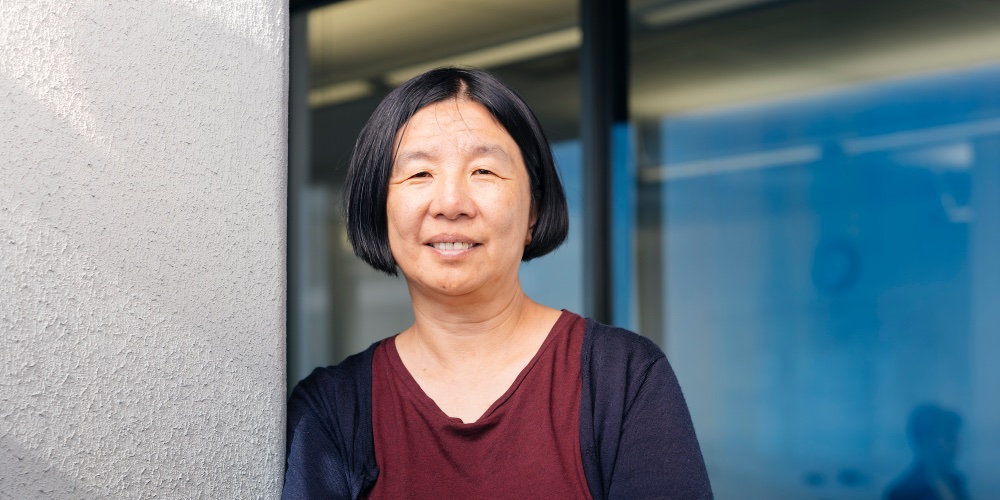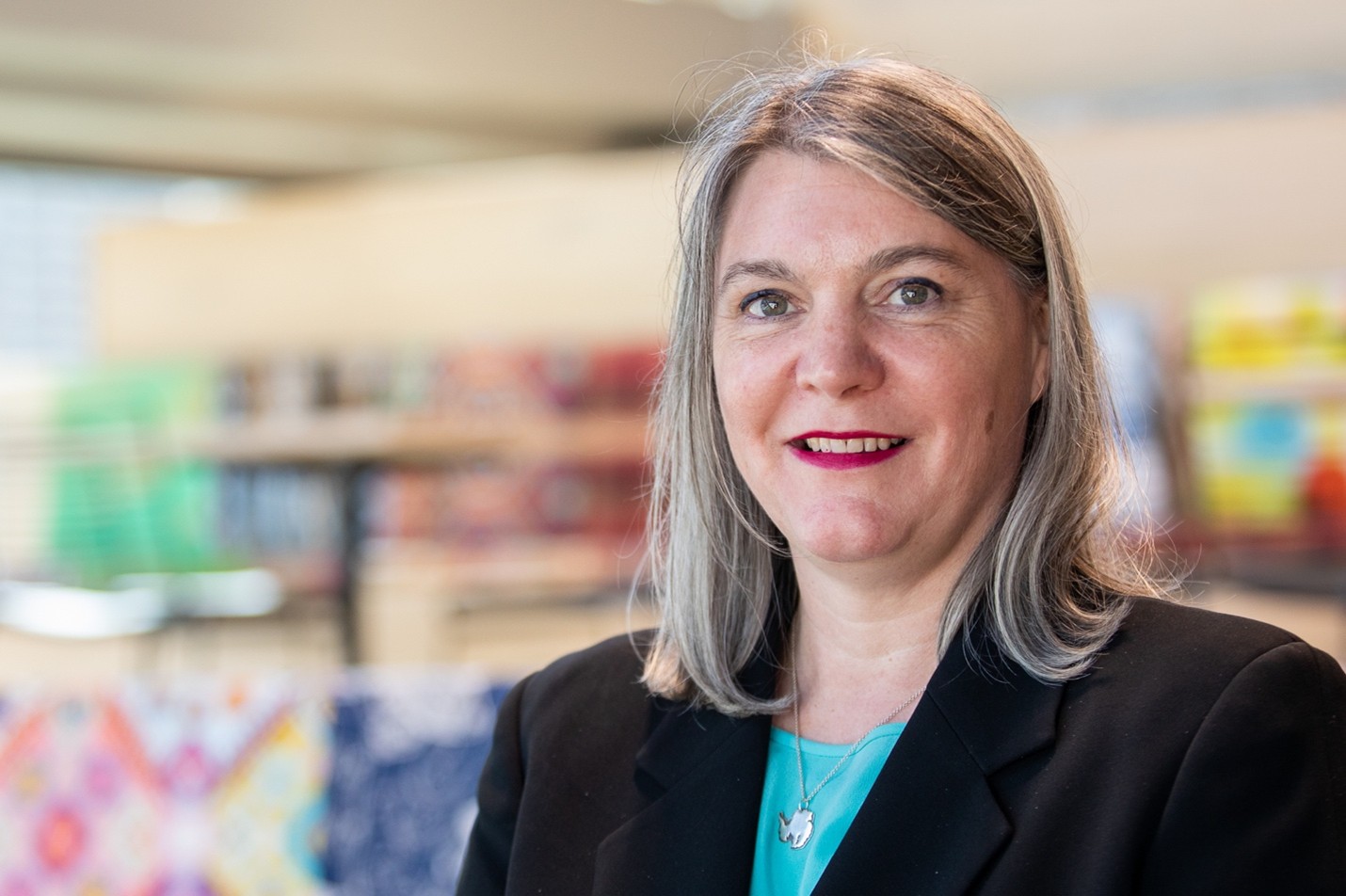We are delighted to feature the following three keynote speakers at this year’s conference. Full program details are available on the program page.
International keynote speaker

We are delighted to announce that Bin Yu will attend and present as an international keynote speaker. Bin Yu is CDSS Chancellor’s Distinguished Professor in Statistics, EECS, and Center for Computational Biology, and Scientific Advisor at the Simons Institute for the Theory of Computing, all at UC Berkeley. Her research focuses on the practice and theory of statistical machine learning, veridical data science, responsible and safe AI, and solving interdisciplinary data problems in neuroscience, genomics, and precision medicine. She and her team have developed algorithms such as iterative random forests (iRF), stability-driven NMF, and adaptive wavelet distillation (AWD) from deep learning models. She is a member of the National Academy of Sciences and of the American Academy of Arts and Sciences. She was a Guggenheim Fellow, IMS President, and delivered the IMS Rietz and Wald Lectures and Distinguished Achievement Award and Lecture (formerly Fisher Lecture) of COPSS. She holds an Honorary Doctorate from The University of Lausanne.
Abstract
In this talk, I will introduce the Predictability–Computability–Stability (PCS) framework for veridical (truthful) data science, emphasizing its central role in generating reliable and actionable insights. I will present success stories from cancer detection and cardiology, where PCS principles have guided cost-effective study designs and improved outcomes. Because trustworthy uncertainty quantification (UQ) is essential for trustworthy AI, I will then focus on PCS-based UQ for prediction in regression and multi-class classification. PCS-UQ follows three steps: prediction check, bootstrap, and multiplicative calibration. Across 26 benchmark datasets, PCS-UQ outperforms common conformal prediction methods in interval width, subgroup coverage, and subgroup interval width. Notably, the multiplicative calibration step in PCS-UQ can be viewed as a new form of conformal prediction. I will conclude with a discussion of PCS-guided constructive approaches for building more trustworthy statistical models, along with available PCS resources.
Invited speakers

Professor Karin Verspoor FTSE FAIDH is Executive Dean of the School of Computing Technologies at RMIT University in Melbourne, Australia. She is passionate about using artificial intelligence to enable biological discovery and clinical decision support from data, with a specific emphasis on the use of natural language processing to transform unstructured data in biomedicine into actionable information.
Abstract
TBA

Yuan-Fang Li is the Chief AI Scientist at Oracle Health and AI in Australia, where he works closely with a team of over 60 applied scientists to develop cutting-edge AI solutions for electronic health records (EHR) systems, aimed at transforming healthcare. In this role, Yuan-Fang provides strategic scientific leadership, ensuring the delivery of impactful, high-quality and innovative AI-driven products. Yuan-Fang’s research interests include large language models, knowledge graphs, multimodal learning, and neuro-symbolic AI. He is also an Associate Professor in the Faculty of Information Technology at Monash University. Yuan-Fang’s work bridges academic innovation and real-world impact, advancing the frontiers of AI in both industry and academia.
Abstract
Generative AI, with LLMs being the poster child, is transforming our society right before our eyes. The technology landscape is rapidly evolving with huge advances in model capabilities. In this talk, I will present some of the R&D work we do at Oracle Health and AI, highlight some of the challenges we face, and dive into a recent work on how we leverage LLMs to tackle the medical coding task, while discussing similarities and differences with academic research.
